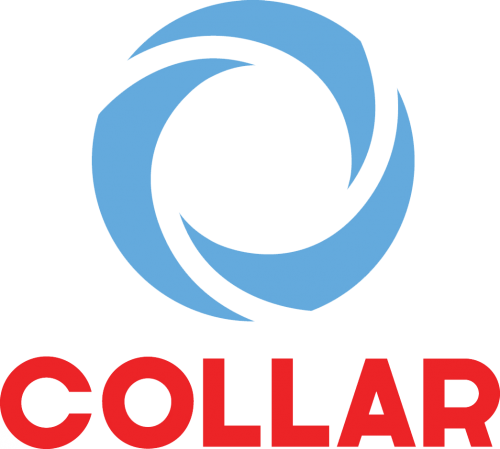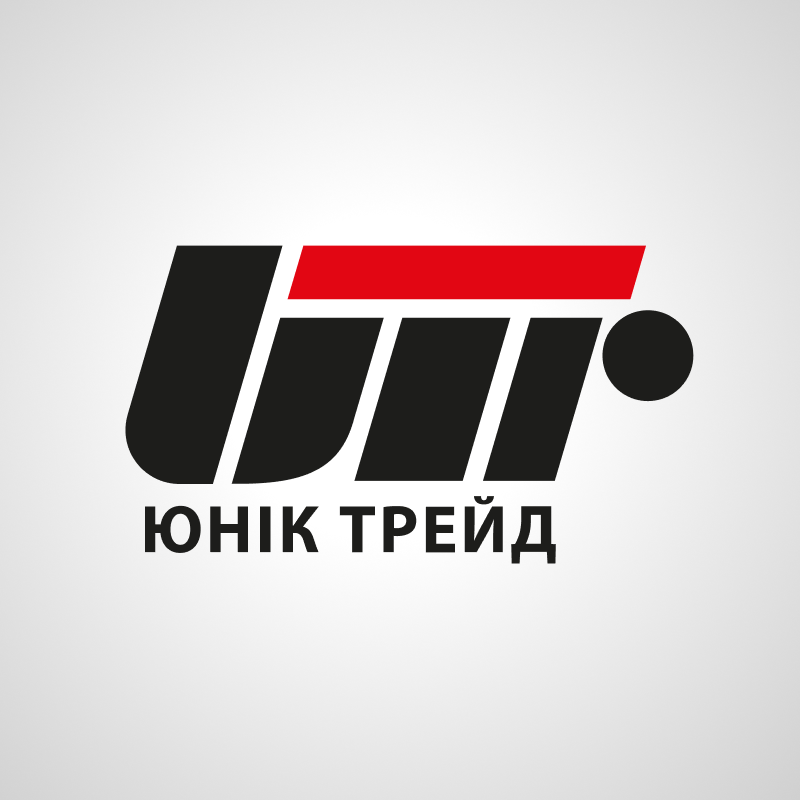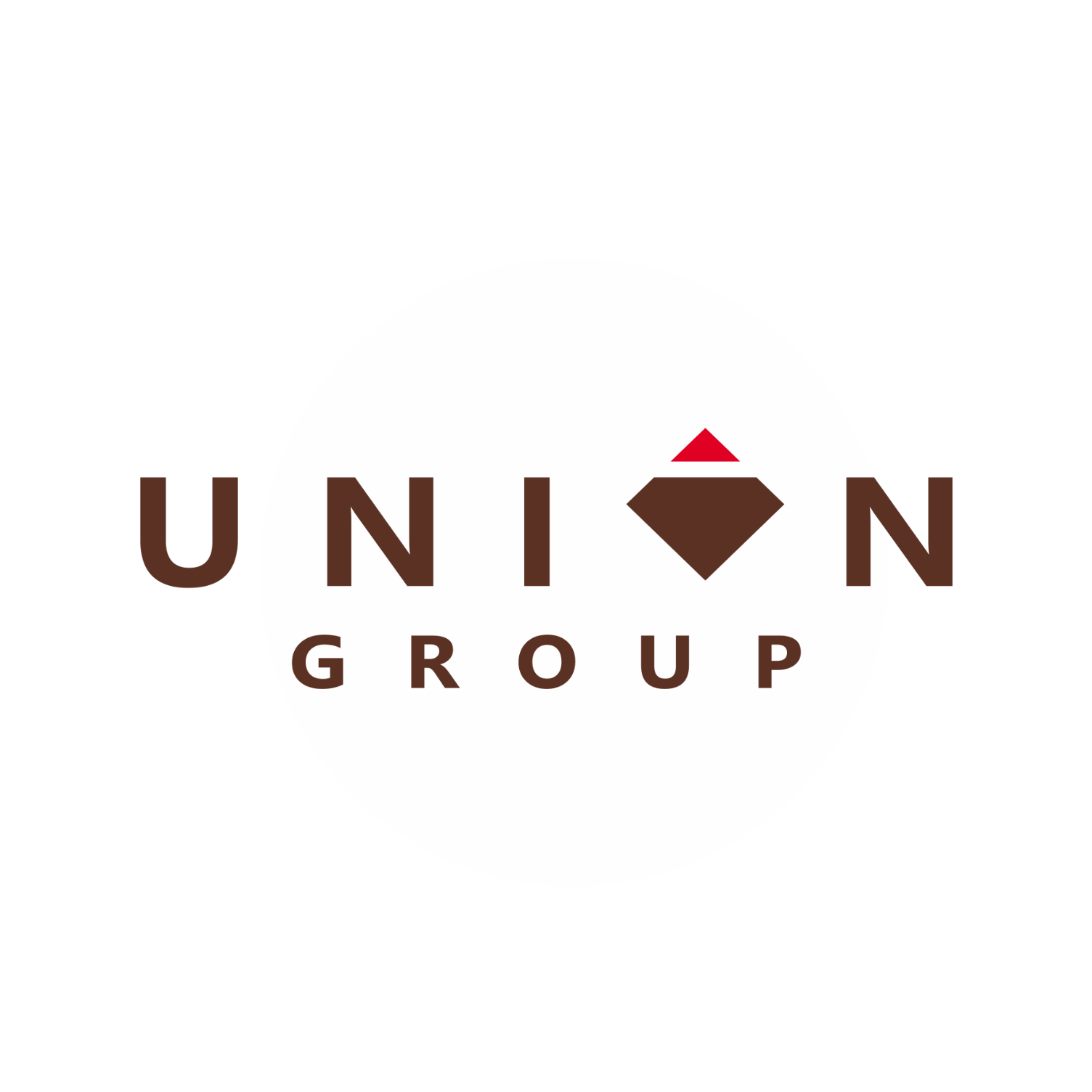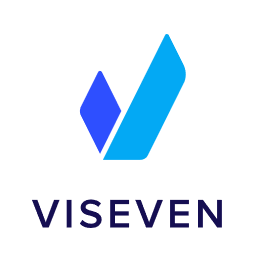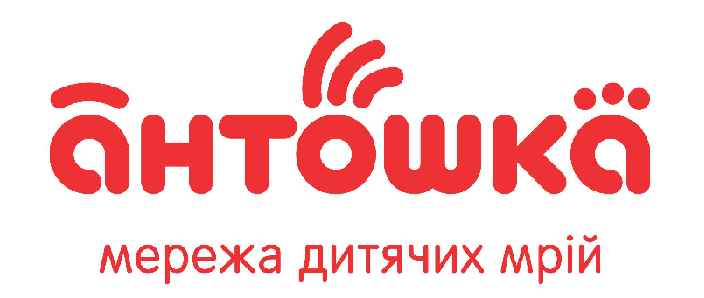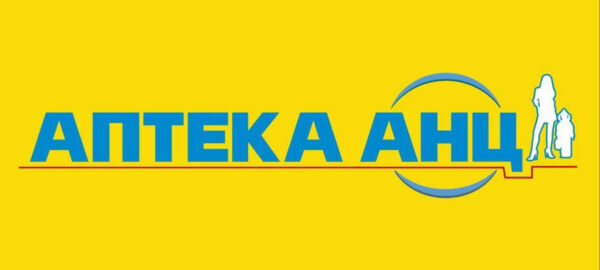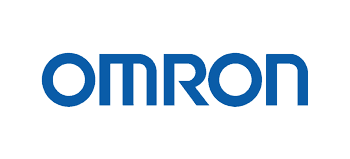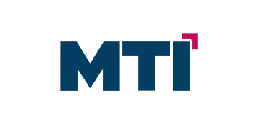
“It is important for us that employees learn quickly and perform their work efficiently. How can this be solved with the help of LMS?”
“We want to organize free access to information for all employees in the company. Is it possible to combine the knowledge base with the training portal so that everything is in one system?”
These are the questions that our clients most often ask us.
So, how to organize fast but effective onboarding, implement distance learning, while accumulating knowledge of employees? We will tell you in this article.
Onboarding
Why is it important to automate onboarding
Onboarding is the most important recruiting process, which determines the speed of adaptation of a newcomer. During onboarding, a new employee gets acquainted with the company, its processes, corporate values and culture. He also learns and receives all the necessary information that he will need in his further work.
The key to successful onboarding is standardization and automation. This is especially true during mass hiring, when it is difficult to pay due attention to each employee. A system for distance learning (LMS) helps to cope with this task. It allows you to quickly automate onboarding and monitor the progress of each new employee.
How you can improve this process with LMS
1. Automate the adaptation process
LMS helps to optimize and automate the adaptation process. The process of assigning tasks, collecting and calculating results will be automatic. And all the necessary information will be available immediately after the registration of a newcomer in the system, which allows you to start his adaptation before coming to the office.
2. To make the adaptation program individual
It is important to take into account the personal and professional interests of the employee when developing an adaptation program. In LMS you create personalized adaptation programs for each newcomer: add training materials that will correspond to the level of existing knowledge, as well as assign work tasks for the adaptation period.
3. Simplify access to information
During onboarding, a beginner gets acquainted with a large amount of new information. With the help of the LMS Knowledge Base, everything important will be stored in one place, which will significantly reduce the time to find what you need. The employee will be able to quickly find what interests him and fill in the gaps in knowledge.
4. Monitor results in real time
In LMS you can monitor the results of employees at each stage of adaptation. The collected statistics helps to determine the progress of the internship, as well as identify problem areas and eliminate them faster. You can also assess the existing level of knowledge of newcomers and their ability to learn quickly in the LMS.
5. Organize access to knowledge on request
The knowledge base in LMS will help to store training material in one place, “at hand” for employees. For example, a list of product range, their features and characteristics, rules for using the software, etc. This will be a great cheat sheet for beginners who want to study and repeat what they remember poorly at their leisure.
Checklist for organizing remote onboarding
- Create a Welcome book – a guide for employees, which will contain information about the company and the organization of the work process. You can also add useful links to corporate resources, answers to frequently asked questions, contacts of all colleagues and managers.
- Organize online meetings and make a plan for them. This will help reduce the stress of the newcomer, introduce him to the team and the intricacies of work.
- Prepare a Welcome-pack – a set of useful items that a newcomer receives on the first day of work in the company. It can be stationery or corporate items (corporate merchandise, sticker packs, etc.)
- Create an onboarding plan. In it, write down a list of goals and tasks that a newcomer must complete during adaptation. It can be in the form of a checklist.
- Provide free access to information. Collect all the necessary information for newcomers in one place so that the employees can study what they are interested in at any time.

checklist from LMS Collaborator “How to organize remote onboarding”
Recipe for quick onboarding from “KreditMarket”

- All “KreditMarket” newcomers undergo mandatory basic training in the “KreditMarket Academy” based on the LMS Collaborator platform.
- Newcomers get access to the training portal “KreditMarket Academy” even before they are officially hired. Therefore, on the first official working day, the employee already has the necessary knowledge and can fully participate in work processes.
- The training portal is available from any gadget 24/7, which is very convenient for beginners who live far from the place of internship;
- A newcomer gets acquainted with the life of the company from the first days. News, contests, ratings, greetings, videos and various sections on the LMS Collaborator portal help with this;
- “KreditMarket” actively uses the internal chat of the LMS Collaborator portal, where a newcomer can contact at any time and get answers to questions of interest.
You can read more about the case of “KreditMarket” here
The KreditMarket case is implemented on the basis of LMS Collaborator. Order a free demo access and try in practice all the methods of adaptation of newcomers to LMS Collaborator.
Learning
Compliance
Compliance training is a mandatory part of the onboarding program. During the compliance training, employees get acquainted with the requirements and procedures, study the company’s policies and regulations that regulate working moments and affect their daily duties.
How to automate compliance training
LMS allows automating compliance, standardizing it and making it regular. Using microlearning in compliance will help to prioritize the key points of information and select only the most necessary requirements. With the help of LMS Collaborator tests, you will be able to consolidate the results of what you have learned, assess whether the employee has learned the material well and whether additional training is needed. And the use of gamification elements: awards, badges and ratings will motivate employees to learn better and maintain friendly competitiveness within the team.

example of ACINO compliance training
Product learning
For the successful sale of any product, it is necessary to have certain professional knowledge: to thoroughly understand the product, to be able to advise the necessary and explain the incomprehensible. This is especially true for retail, where the product range is regularly updated. Therefore, at the time of sale, all sales staff must be ready to present and sell the new product as efficiently as possible.
Implementation of product training helps to organize effective training of employees. Provide them with the necessary knowledge and skills that will help to perform their work efficiently.
Product training and LMS
Conducting product training in an online format on the basis of LMS provides fast and effective delivery of information, as well as organizes control over the assimilation of knowledge.
For example, Beauty-Prof has organized product training for newcomers, as well as systematic training of sales staff by implementing LMS Collaborator.
Newcomers undergo a separate training program, which includes a set of training courses with presentations and video reviews of products. The training takes place in stages over 2 months. Based on the results of an oral interview, the employee is allowed to work.

learning program for beginners (Beauty-Prof)
Since the range of products is regularly growing and employees need to have perfect knowledge of the latest information, the company conducts systematic training for sales staff. Training is presented in the form of training courses with presentations and short videos of 3-5 minutes. In the video, employees are introduced to the products, its manufacturer, line, properties and advantages. At the end of the course, employees are tested to check the knowledge acquired during the course.

testing to check knowledge after the course (Beauty-Prof)
Read more about the Beauty-Prof case: Product training in LMS Collaborator – Beauty-Prof case
Maintenance learning
The purpose of maintenance learning is to keep employees’ knowledge up-to-date and to master new ones as needed. This allows you to quickly and efficiently adapt to innovations, increase employee productivity, skills and qualifications.
Maintenance learning: tips
- Add background information regularly, keep the Knowledge Base up to date and update the content as new knowledge becomes available.
- Use the microlearning approach – provide information in doses, in small blocks. For example, in the form of short videos, presentations, courses, or infographics. Small content is much easier to absorb and, if necessary, update.
- Maintain communication with employees to keep them up to date with important changes. Use the LMS Collaborator tools – news, announcements and forum.
- Organize regular trainings with experts and opinion leaders. Creating professional communities in the company will not only maintain the knowledge of employees, but also unite specialists with common interests and views, as well as build a favorable environment for development.
Knowledge base
What are its benefits and why is it so necessary
Knowledge base is a very valuable tool for every company. It is a corporate online library, an information repository where the company’s knowledge is stored and accumulated.
The main purpose of the Knowledge Base is to reduce the time to search for information and get answers to the necessary questions at any time. This is possible due to the structuring and categorization of materials. Also, the Knowledge Base is a good tool for maintaining knowledge. Especially after completing training courses: employees can always use the Knowledge Base and repeat what they have learned.
Maintaining a Knowledge base provides great benefits for any company, such as:
- accumulation and storage of information in a single system with access for all employees of the company;
- quick obtaining of knowledge and answers to necessary questions without involving managers, experts and more experienced employees;
- creating a tool for knowledge sharing within each department of the company;
- obtaining knowledge on request, at any time and place;
- preservation of valuable knowledge of experienced employees and their prompt transfer to newcomers.
Try out the advantages, convenience and usefulness of the Knowledge base in LMS Collaborator. The first month of the trial period is free.
Knowledge base as a library for employee development: A recipe from “Datagroup”

- In “Datagroup” Knowledge Base is one of the tools for the development of soft skills. This is an information space that is available to every employee 24/7.
- The knowledge base inside the remote learning portal DataLab consists of a large number of materials that help to develop personal and professional qualities of employees. These are various: videos, books, articles, webinar recordings and current TED videos.
- For the convenience of searching, all materials are divided into categories, which allows you to quickly access the necessary information.
- Materials in the Knowledge Base are updated weekly. Specialists of the Training Department inform users about new materials using several communication channels.
- To find out which sections of the Knowledge Base are the most popular and to fill it with interesting materials for employees, “Datagroup” refers to the analytics of LMS Collaborator. In particular, to the report on the Knowledge Base.

“Datagroup” knowledge base
Conclusion
- The key to successful onboarding is standardization and automation. Take advantage of this to monitor employee progress.
- Improve the onboarding process with automation (automatic assignments and scoring), individual onboarding program, simplified access to information, real-time monitoring of results
- Create an onboarding checklist for newcomers. Use well-known and proven onboarding methods: create a Welcome book, prepare a Welcome-pack, organize free access to information (Knowledge Base)).
- Use microlearning, testing and gamification elements for compliance training. This will help improve it and make it interesting for employees.
- Automate product and support training. This will ensure fast and effective delivery of information to employees, and you will be able to monitor their results.
- Keep the training content up-to-date, deliver information in doses and maintain regular communication with employees.
- Set up a Knowledge Base. This will allow you to accumulate and store corporate knowledge. Structure the material and divide it into categories. This will make the search for information more convenient. Update the information regularly.


